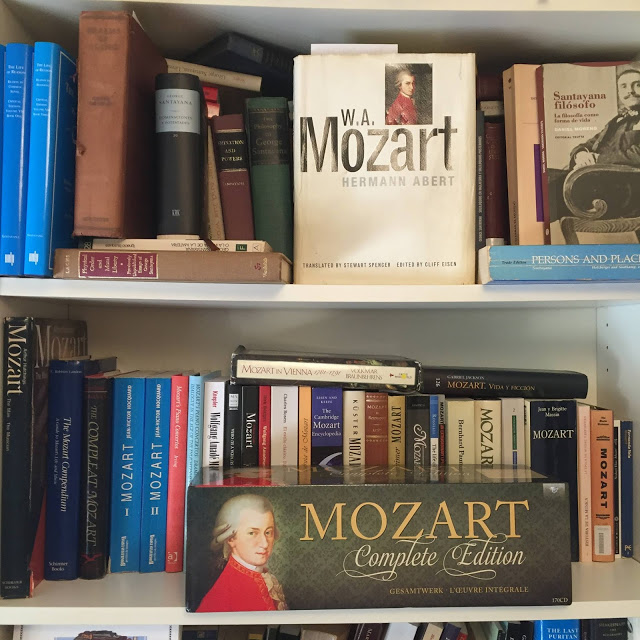Consciousness. Chapter 2 of MIND IN ACTION (in process).
I was studying these days for my Chapter 2 (Consciousness) of Mind in Action and was reading some articles and watching some YT videos. I found this one by Robert Lawrence Kuhn (which has some propensity for Dualism) and commented it like this:
Kuhn says that Humphrey thinks that Consciousness (C.) is an illusion, and that is not the correct way of explaining Humphrey’s adaptive explanation of C. He says that C. is an internalized analysis of incoming sensations in perception (sensition) and this enhances our love for life’s goodness, for survival. The illusion, says Humphrey, is that C. is so powerful that creates the belief in mind’s supreme existence outside matter. C.’s sensition creates the illusion of the immortal soul. That is the illusion: religion, the afterlife, the beyond. But C. comes from matter, it is not autonomous. Aristotle already said in De Anima that the mind is the body’s activity, its form, its capacities in action: its entelechia. Naturalism. But naturalism implies that matter has mind-like properties in gradual actuality, from plants to brain to nervous systems. Naturalism implies gradual (emergent) Panpsychism. As to Raymond Tallis, his dualism is silenced in a simplistic critique of naturalism as physicalism. But that is not correct. Naturalism only means (as Santayana said) that matter is the only efficient thing in our universe, the basis from which other REAL things come: like minds, feelings, qualia, spirituality. Dualism cannot even explain how a brain connects with the mind if they are separated. If Tallis thinks materialism is absurd, he does not even talk of dualism; spiritism, Christianity, Neoplatonism, Buddhism are in a worse condition today. That is why Christians do not talk of the immortal soul, but of the absurdity of the brain(body)—mind identity. Kant did the same. He said a point in matter cannot think; apparently Kant ignored neurons, which were discovered by the Spanish neurologist Ramón y Cajal. Moral of the story: mind is matter in action, and matter is active per se, it does not need any external help, as Aristotle thought with forms enmattered, Plato with Ideas, Christians with the immortal soul, etc. Spinoza was right: matter is active per se. Newton was wrong: matter does not need a divinity from outside to make it move.
Let us keep studying. Göngora et labora...


Comments
Post a Comment